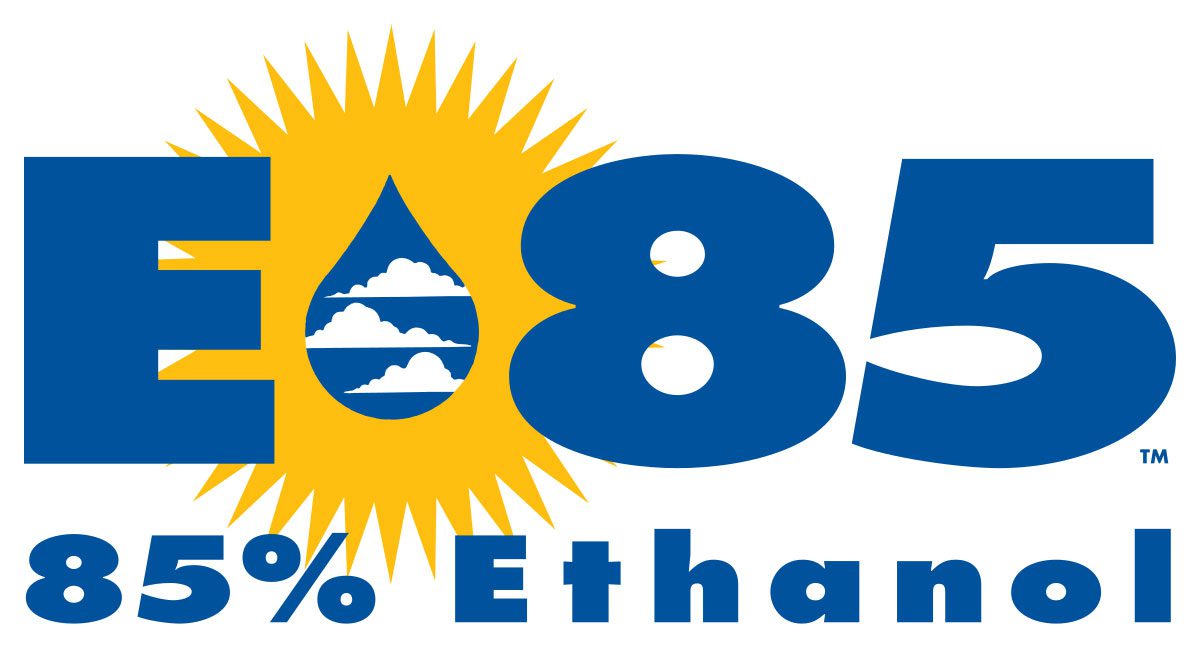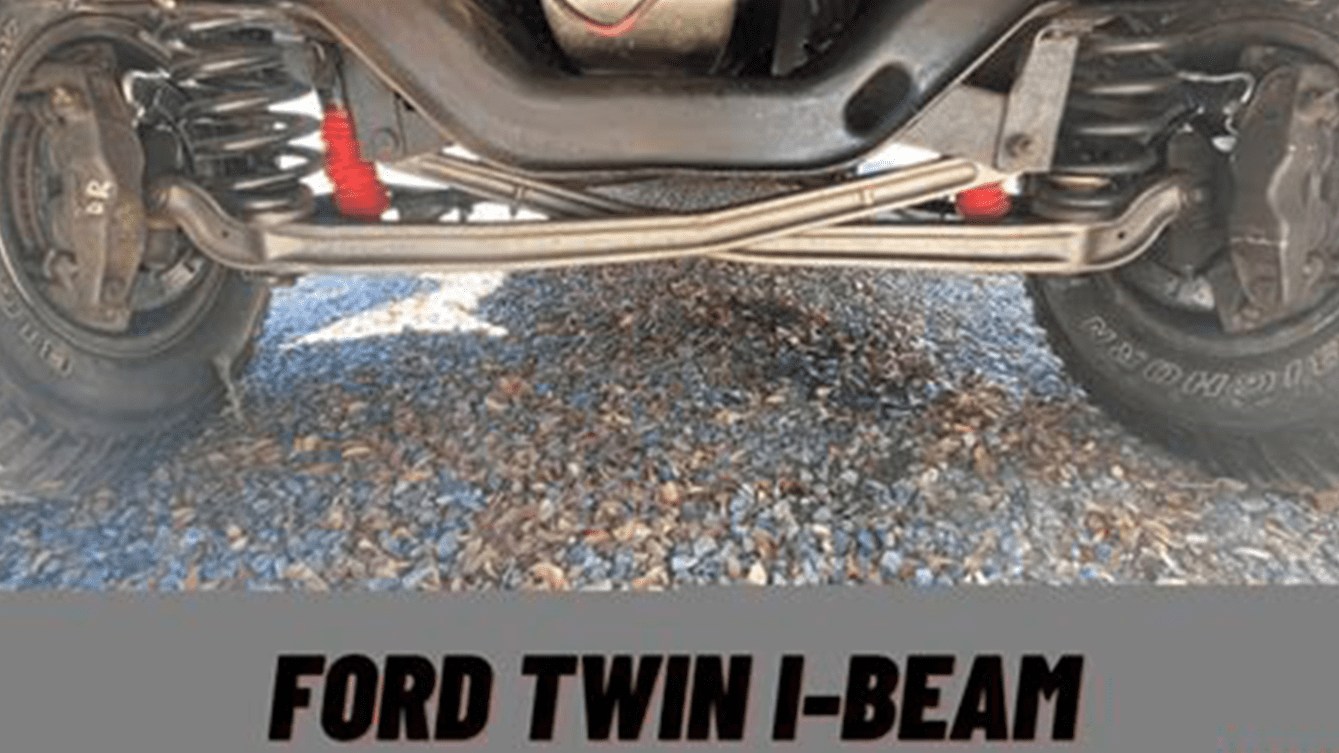Is E85 Worth It? Pros and Cons to Consider When Modifying Your Vehicle
Have owned your car for a while now? You’ve installed the new wheels, the aftermarket exhaust and intake all done and modified, and now you’re at a loss on what your next project is? How can you take your automotive vehicle one step further? Perhaps chasing for more power in the engine? Whatever the reason, have you considered considered E85 as a new fuel source.
What is E85?
E85 is an alternative alcohol based fuel source made from a blend of 85% Ethanol and 15% Petrol (or other hydrocarbons). In Australia, the standard for E85 blend is 70 – 80% Ethanol and 15-30% Petrol. Currently we manufacture Ethanol from 1 of 3 main sources Grain Sorghum, Wheat Waste Starch and Molasses. The main one being Wheat waste starch, which accounts for over 60% of all E85 fuel produced. The Biomass goes through a process to remove the sugars which are fermented then distilled to create Ethanol.
 The advantages to using E85?
The advantages to using E85?
Why E85? Well, it’s great for a lot of reasons. First, its inexpensive, Wheat and grain are more affordable than oil and natural gas (the primary ingredients used in making traditional gasoline). But one of the main reasons people and governments enjoy the idea of ethanol-based fuels is that they burn a lot cleaner the petrol. Ethanol is 90% lower in sulfur, which reduces the amount of carbon monoxide and nitrogen oxide emissions. Ethanol is also handy at keeping your injectors and cylinder head clean.
E85 is an alcohol-based fuel which means it has a higher-octane rating compared to Petrol. Ethanol also burns cooler and has three times the cooling effect compared to petrol. When ethanol vaporizes, it pulls heat from the surrounding area which then cools the surrounding air. E85 is also preferred in high-performance or forced induction engines as the cooling effects of the fuel help keep engine temps down will providing access to more power.
Another main advantage to using E85 is the fact that it creates more power, this is because it’s less dense than traditional petrol, which means it creates more energy when burnt, thus resulting in providing additional power to the engine.
The Disadvantages to using E85.
The main disadvantage to using E85 is the fact that it’s less dense than traditional gasoline. This means that your car will need to burn more fuel to get the same amount of distance compared to petrol, this works out to be about a 30% increase in fuel consumption. We are also limited in accessing usage & consumption of E85, as currently only one major retailer sells E85 across the country.
E85 is also corrosive and requires upgrading the fuel system and retuning the ECU to effectively run E85, luckily these days you can easily purchase everything needed to convert your automotive vehicle to be E85 compliant and compatible.
One of the major concerns is that E85 fuels are hygroscopic. This means that the fuels have a short storage/tank life due to its ability to absorb moisture from the air and due to being alcohol based it easily evaporates. This can cause major problems when living in high humidity areas and not regularly driving your vehicle.
Final words: Is E85 worth it?
Well, the only person that can answer that is yourself, depending on what you want to achieve. On paper, yes, it is worth it when you consider the full scope of advantages (affordability, lower fuel emissions, renewable sources, great tunability, more power and cooler running temps). The only issue that comes down to is accessibility. However, if you are planning on making the switch to E85 for your track car that you run once a month, in my opinion, I feel it would be move that would place you at a disadvantage, due to the corrosive and hygroscopic disadvantages. On the alternate side, if you’re making the change to E85 for your daily driver then the argument could be made that should you be informed, prepared, determined and dedicated enough to take on the rewarding project of making the required modifications for E85 compatibility, then the pros do outweigh the cons.
Written By Dave Hosking.





